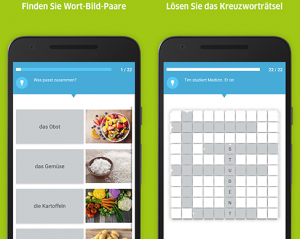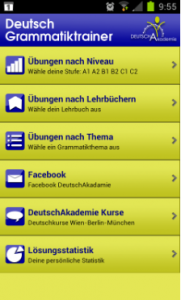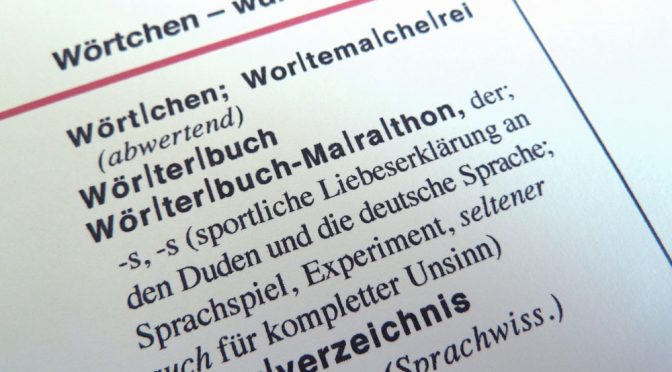Author: Jadranka Bokan
There are so many idioms (Redewendungen) in every language including German. How can we know where to start? You could buy special vocabularies or even some games (like me, I bought one box full of cards with idioms in a book store in Vienna) only to realise that you will never use many of the idioms that you’ll learn that way.
Why is so difficult to create a vocabulary or a game that would contain only the most frequent / common idioms in German?
I often asked myself: why is so difficult to create a vocabulary or a game that would contain only the most frequent / common idioms in German? This post contains my list of most common German idioms that I see or hear more often than any others. It’s incomplete and I am still working on it.
This post contains a list of most common German idioms
Tomaten auf den Augen haben = not being able to see something which is in front of you.
das Rad neu erfinden = to do something useless, something which is not necessary (English equivalent is “to reinvent the wheel”): Um zu einem paneuropaeischen Verkehrssystem zu kommen, muesse man nicht das Rad neu erfinden, sondern die bestehenden Strukturen nutzen und gegebenenfalls anpassen.
Want to learn German with a well educated and trained tutor?
jemanden auf dem Laufenden halten = to keep someone posted, to keep them up-to-date, to share regularly latest information with them: Wir halten unsere Kunden über neue Produkte stets auf dem Laufenden.
über den eigenen Schatten springen = to do something which is opposed to your beliefs, character or beyond your strength: Er hat sie betrogen. Sie ist über ihren Schatten gesprungen und hat ihm vergeben.
auf die Füße fallen = to overcome some difficult situation

das A und O = the most important thing: Gesunde Ernährung ist das A und O.
aus dem Häuschen sein = to be very excited and happy: er hat im Lotto gewonnen. Er ist aus dem Häuschen vor Freude.
eine halbe Ewigkeit = very, very long: Wir haben dich eine halbe Ewigkeit nicht gesehen; Wir mussten eine halbe Ewigkeit warten.
alles in Butter = alles ist gut: Wie geht’s? Alles in Butter.
daran ist etwas faul = something is wrong.
Kopf hoch! = cheer up!: Kopf hoch, Montag ist auch bald vorbei.
etwas/xzy ist nach hinten losgegangen = it didn’t work as expected, it failed: Madonna hatte ein lila Kleid an und sang “Purple Rain” von Prince. Es ist aber nach hinten losgegangen. Es verursachte eine Empörungswelle im Internet.
alles im grünen Bereich = it’s acceptable: Bislang ist bei mir alles im grünen Bereich und ich bin wirklich total glücklich.
ich verstehe nur Bahnhof = I don’t understand anything.
das Leben ist kein Ponyhof = life isn’t easy.

die Zeit vergeht wie im Flug(e) = die Zeit vergeht sehr schnell.
unter die Haube kommen = to get merried.
Der Wolf im Schafspelz = a wolf in sheep’s clothing;
Perlen vor die Säue werfen = to cast pearls before swine.
If you are looking for a good online dictionary with German idioms, try this one (it’s my favourite): Redensarten-Index
If you wish to learn idioms through play, then check out this free app with more than 1000 idioms which you can play with a partner: Verstehen Sie Deutsch?
If you want to learn German idioms with pictures, then make sure to follow Claudia Peter on Facebook.









